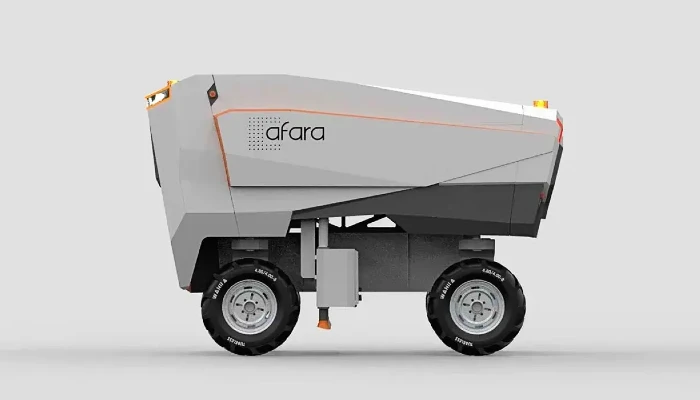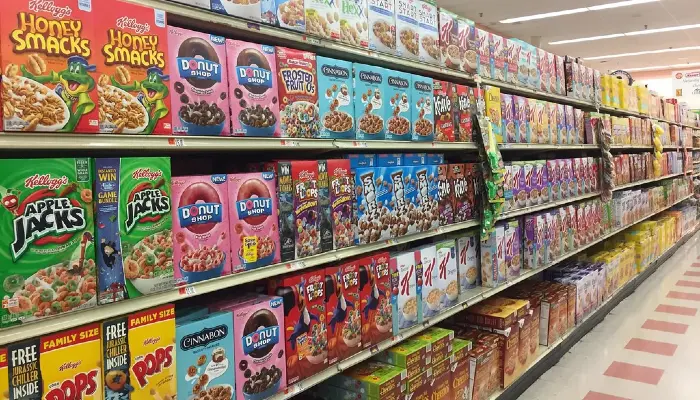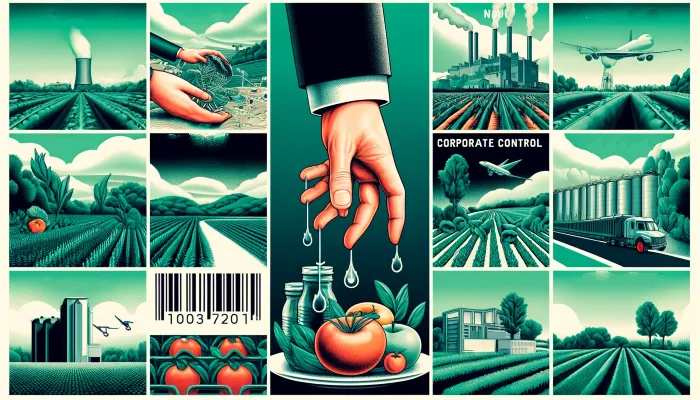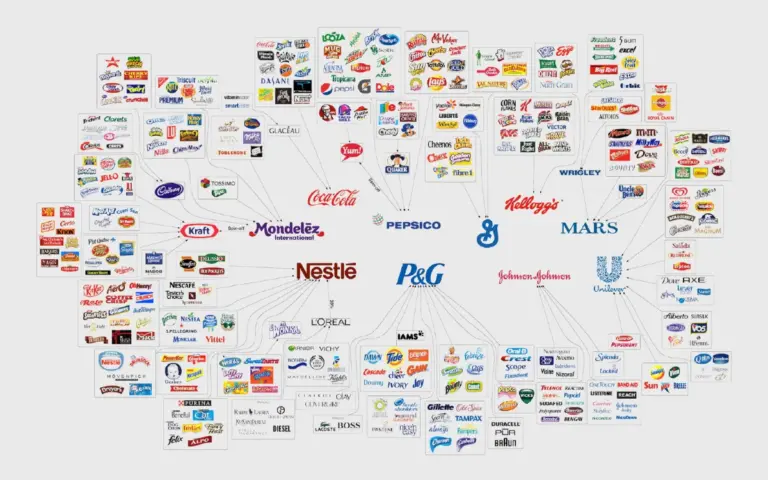A Turkish cotton farmer has developed the Afara, a robotic cotton picker that promises to significantly enhance farm productivity. This fully electric, fully autonomous marvel of technology could potentially recover an impressive 20% more cotton from farms, tackling the issue of leftover yields that conventional harvesters miss. That means farms using the Afara will see an immediate increase of 20% more crop yield without additional planting.
The Challenge of Leftover Cotton
Traditionally, between 5% and 20% of cotton remains on the plants after harvesting, primarily due to the limitations of current machinery, the density of cotton plants, and other logistical challenges. Harvesting this remaining cotton by hand isn’t only laborious but also cost-prohibitive, often resulting in valuable cotton being wasted.
The Afara robot solves this problem. It navigates through fields and collects cotton left behind by large traditional harvesters.
Technical Innovations for Efficient Harvesting
Equipped with advanced technology, including 4 RGB cameras, 2 LiDAR sensors, and numerous ultrasonic sensors, the Afara excels in detecting leftover cotton, avoiding obstacles, and efficiently collecting up to 440 pounds or 200 kg of cotton in its onboard container.
This robot, smaller and more agile than traditional harvesters, boasts (with the evidence to back it up) a 99.8% detection rate and aims for over 90% picking efficiency. The Afara supports up to 6 hours of autonomous operation with its electric li-ion battery before it requires a nightly recharge.
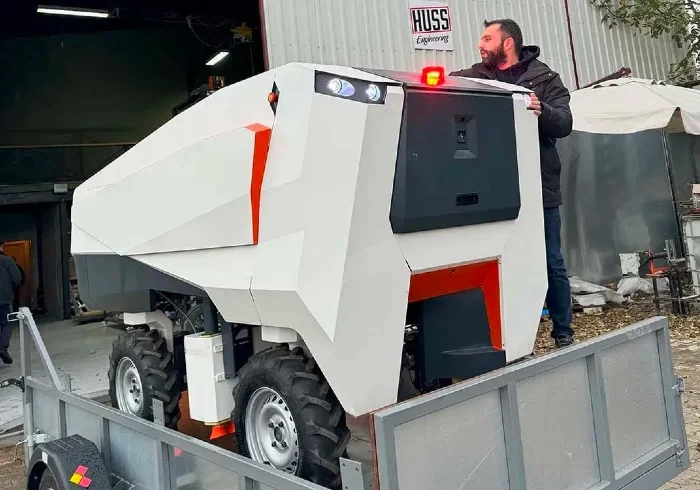
A Glimpse into the Cotton Industry: Sustainability and Economic Impact
While the cotton industry doesn’t get the press it once did, it still plays a massive role in the global economy, especially in countries like the United States and India, where it contributes heavily to agricultural outputs.
As the world grapples with sustainability issues, cotton and wool are the original eco-friendly materials, offering a renewable, biodegradable, and durable alternative to synthetic fibers often made using oil-based byproducts. Also, these natural fibers require less water usage throughout their production and processing compared to synthetic fabrics.
However, the shadow of unethical labor practices, including child and slave labor in certain countries like Uzbekistan, looms over parts of the industry. Of course, that could, and is, often stated about most industries including chocolate, palm oil, and even coffee.
Looking Ahead: The Future of Farming with Afara
The Afara robot represents not just a technological innovation but a hopeful vision for the future of farming. As the global population continues to grow, the need for efficient, sustainable, and autonomous agricultural solutions becomes increasingly critical. Priced at approximately $128,000 (€120,000), the Afara is positioned as a game-changer for both large-scale and small, organic farms, promising to enhance productivity while supporting sustainable practices.
More To Discover
- The Blooming Decay Stool Blossoms Into Wildflowers as It Decomposes
- Former School Teacher’s Bio-Tool Transforms Red Cabbage Waste into a Simple Water Quality Tester
- Puzzle-Inspired Electric Minivan: Where Modular Design Meets Sustainability – Ugly Yet Promising
- How Nanobubble Technology is Making Giant Leaps in Sustainability and Efficiency And It’s Only The Beginning
This pioneering approach to cotton harvesting by the Afara robot not only addresses the immediate challenges of agricultural efficiency and sustainability but also shines a light on the broader implications for the cotton industry and global agriculture.
As we move towards a future of innovative farming technologies, the balance between economic value, environmental stewardship, and ethical practices remains paramount, guiding the journey towards a more sustainable and equitable world.








